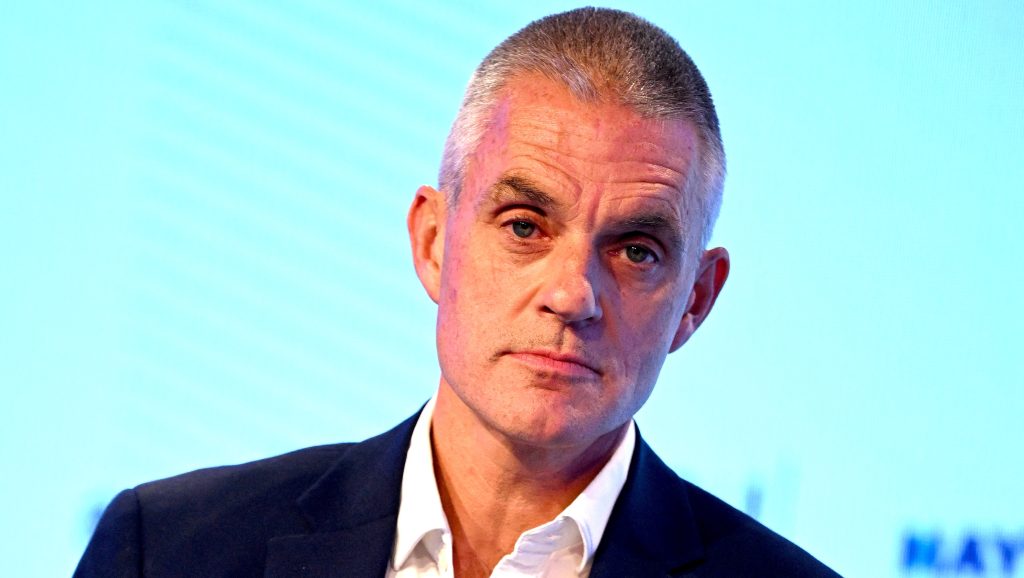BBC chief Tim Davie has called on the corporation, and the broader TV industry, to “adopt a bit of swagger” about its importance to the British economy and society.
Speaking at the Royal Television Society’s Cambridge Convention, the director general said the BBC should be confident about its mission as it approaches charter renewal talks with the government.
“The BBC is not perfect, but it acts as precious venture capital,” he said, opening a two-day conference that has been titled ‘Where Do We Grow From Here?.’
Davie told a room full of TV industry luminaries that he was “not interested in self-survival” during the charter renewal, which will establish the BBC’s funding model, governance, and objectives over the next decade. For the first time, the BBC has said it is open to reforms to the license fee, the funding mechanism that generated £3.84B ($5.2B) in revenue for the corporation last year.
Davie joked that the UK television industry has a Cambridge University PHD in “self-flagellation” and, in a short speech sketching out a positive vision for the creative sector, he talked about it being a “heavyweight” on the global stage, with the BBC being a key part of the story.
He rattled through a raft of statistics, including that the BBC reaches 94% of the UK, that trust in the corporation increased last year, and that public service broadcasters contribute £8B in gross value added to the British economy.
In an apparent nod to a summer of crisis — when existential questions have been asked about Davie’s leadership by the government after the MasterChef misconduct scandal and Bob Vylan’s “death to the IDF” chant at Glastonbury — he thanked the industry for its backing for the BBC.
“Despite all the noise, I have never felt more supported,” he said.
Davie revealed that the BBC has received 870,000 responses to its “Our BBC, Our Future” survey, the findings from which will be central to the broadcaster’s contribution to charter renewal.
UK culture secretary Lisa Nandy said last week that the government will launch the charter renewal process before the end of the year, with the BBC expecting a green paper next month.
“I have said before that this charter review is the most critical of recent decades,” Nandy told UK Parliament’s Culture, Media and Sport Committee.
